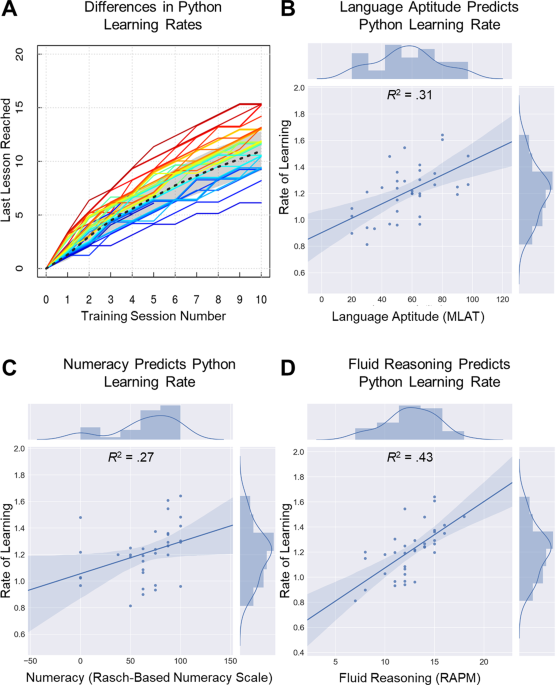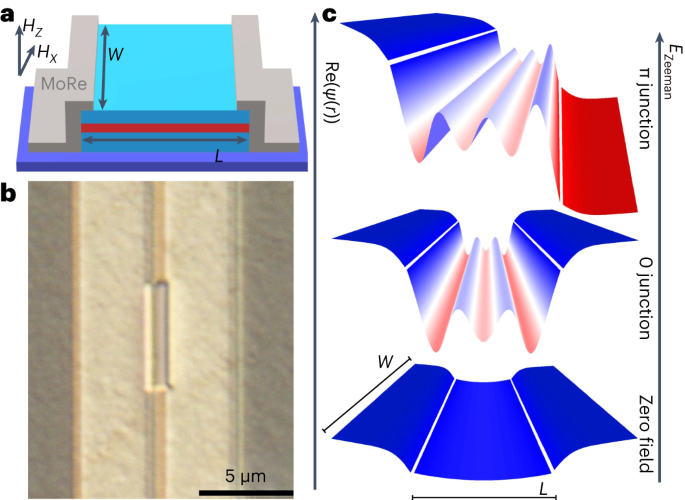
The Importance of Understanding the Nonspecific Effects of Vaccines
The world’s attention is presently focused on the mRNA vaccines, which may turn out to be the most revolutionary vaccines ever produced. However, very few doctors, and certainly not the public, have any awareness at all of the nonspecific effects of vaccines (NSEs). The specific effect of a vaccine is immunity to a target infection; the nonspecific effect refers to the off-target effects of all vaccines. These can be positive or negative. The beneficial effects are improved immunity to a variety of infections and all-round health, and the negative effects are the inverse—a predisposition to off-target diseases and immune dysregulation, whilst still conferring immunity to the targeted pathogen. These discoveries have surprised the scientific community and left researchers scratching their heads as to how and why such important effects could have been overlooked by epidemiologists for over a century.
It began with observations made in the small West African nation of Guinea-Bissau from 1979. Anthropologist Peter Aaby was sent to investigate malnutrition in the country but found none. Instead, he ran headlong into a measles epidemic compounding pre-existing endemic infections, which resulted in half of all children dying before the age of five. Guinea-Bissau had the sad distinction of having the fourth highest child mortality rate in the world. Aaby must have felt like a lone mariner in a tropical storm. Blindsided, he immediately set about obtaining measles vaccines. At the time, the conventional wisdom was that such vaccination efforts against measles were not the main priority for African countries.
Leave a Comment
Related Posts

Worse Than The Disease? Reviewing Some Possible Unintended Consequences of The mRNA Vaccines Against COVID-19
Comment
How a once-obscure government database turned into a weapon for anti-vaxxers » Nieman Journalism Lab
Comment
The importance of soft-bodied organisms in ancient food webs « Earth & Environmental Science « Cambridge Core Blog
Comment
Relating Natural Language Aptitude to Individual Differences in Learning Programming Languages
Comment



















